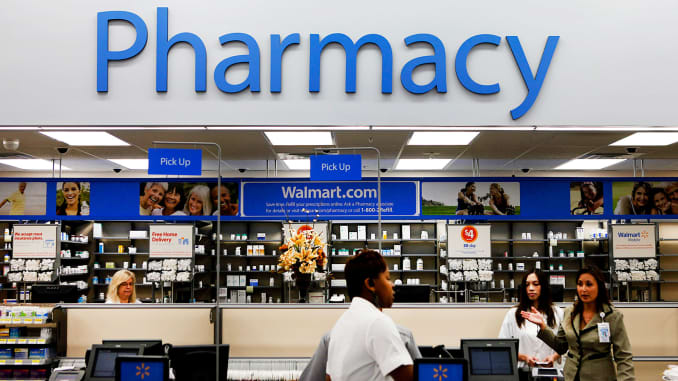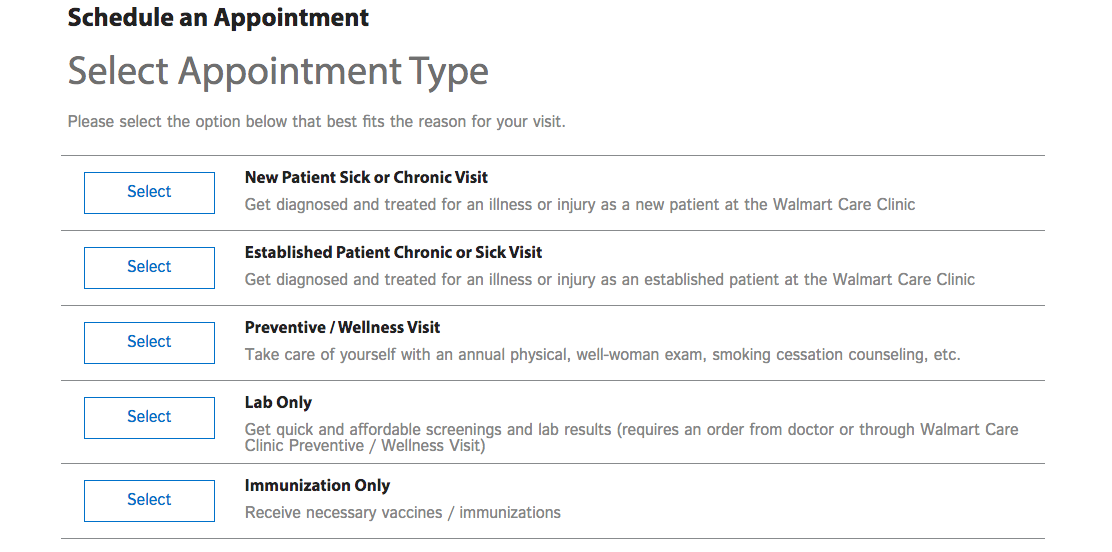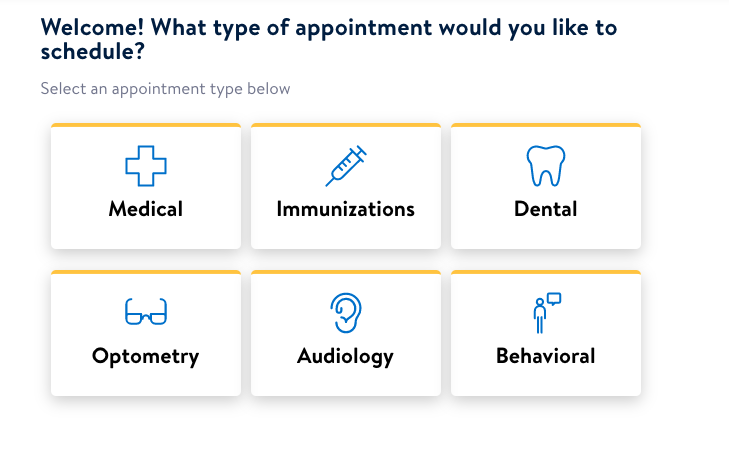
Walmart, the world’s biggest retailer, is moving deeper into the primary care and mental health market, opening a new clinic called Walmart Health in Georgia.
The company recently updated its website with a link to Walmart Health, describing its “newest location in Dallas, GA.” It also went online with the site “Walmarthealth.com,” where patients can set up appointments. Walmart is testing the concept with the initial clinic and could open more in the future, according to people familiar with the matter who asked not to be named because the plans are confidential.
The Dallas location, which is set to open its doors next month, will give patients access to comprehensive and low-cost primary care, including for mental health issues. The clinic is in a separate building next door to a Walmart store to give a sense of privacy for patients.
The website indicates that first appointments are available on Sept. 13, and the company will offer primary care, dental, counseling, labs, X-rays and audiology, among other services. Sean Slovenski, who Walmart recruited from Humana, is leading the clinic efforts, the people familiar said.
Walmart is already one of the largest pharmacy companies in the U.S., offering in-store sections for prescription drugs in almost all of its 4,700 locations across the U.S. The company said health and wellness, which includes pharmacy, clinical and optical services, accounted for about 9%, or $36 billion, of its roughly $332 billion in U.S. sales last fiscal year.
The company hasn’t previously offered mental health services, but it did lease space in one of its Texas stores to a third-party behavioral health company in 2018 because of a shortage of professionals in the region. That experience has helped inform the company’s view of how it can have a bigger impact in the space, the people said.
A Walmart spokesperson confirmed the opening of the clinic.
“Walmart is committed to making healthcare more affordable and accessible for customers in the communities we serve,” the representative said. “The new Walmart Health center in our Dallas, Georgia, store will provide low, transparent pricing for key health services for local customers. We look forward to sharing more details when the facility opens next month.”
Primary care is a newer market for Walmart and puts it in competition with a different set of companies, ranging from large health systems to emerging businesses like One Medical, Circle Medical and Forward. Walmart’s distinct opportunity is that roughly 140 million people visit its stores every week, and it has about 1.5 million U.S. employees spread across cities of all sizes, including in rural areas where there’s a shortage of health-care services.
A snapshot of the offerings at Care Clinic

vs. the new Walmart Health

“I would put this in the broad category of retailers looking for services that give them opportunity for growth,” said Tom Lee, the founder of One Medical and CEO of primary care start-up Galileo Health, in an interview. “In-store concepts have had mixed success and this is an attempt to try something more standalone.” Lee said he wasn’t aware of Walmart’s plans.
Walmart has previously offered what it calls Care Clinics in Texas, South Carolina and Georgia, but these are incorporated into existing retail stores rather than its own site. The cost of an appointment varies from $59 to $99, although the company accepts many of the largest health insurance plans.
The new clinic will have on-site health providers, including nurses, to offer consultations, immunizations and lab tests, people familiar with the matter said. Added services include hearing tests, 60-minute counseling sessions and vision tests.
Amazon, Walmart’s rival, has also been making a bigger push into health. CNBC previously reported the company has been opening primary care clinics at its main office in Seattle. It acquired online pharmacy PillPack for about $750 million in 2018 in a bid to go deeper into prescription medication and take on companies like CVS and Walgreens.
Walmart has a culture of piloting new ideas in smaller settings, including testing delivering groceries inside of customers’ homes and experimenting with artificial intelligence at a Neighborhood Market store in Levittown, New York. If it can prove the model works, the company typically looks to scale the offerings across its locations.
[“source=cnbc”]



